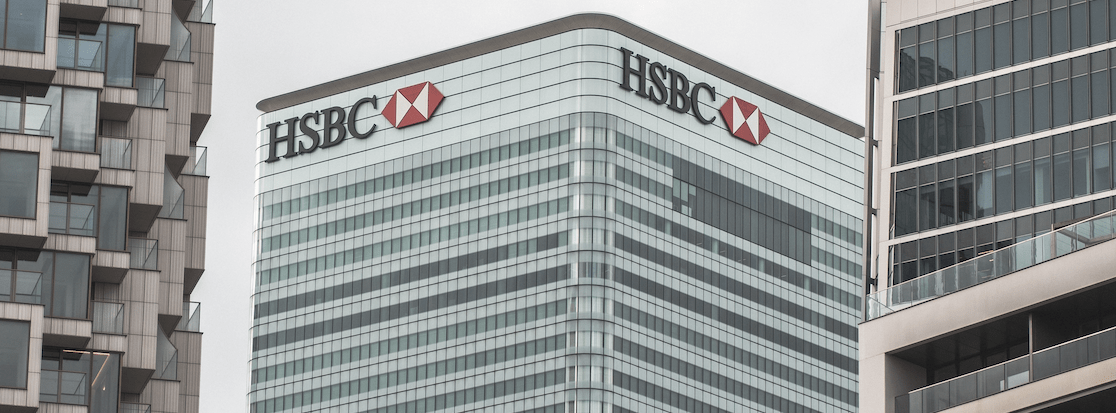HSBC suspends Senior Banker after describing climate change warnings as “unsubstantiated”
Banking giant HSBC has suspended one of their most senior bankers after he claimed climate change warnings are from a group of “nut jobs” and are “unsubstantiated”.
Stuart Kirk, Head of Responsible Investing for HSBC Asset Management, did a presentation for the Financial Times’ Moral Money Conference on 19 May, where he showed slides and accused bankers of overstating global warming risks. He told an audience at the conference:”Who cares if Miami is six metres underwater in 100 years? Amsterdam has been six metres underwater for ages and that’s a really nice place.” Kirk’s presentation was titled ‘Why investors need not worry about climate risk’. In the conference, he accused the United Nations and the Bank of England of exaggerating climate change’s impact on the financial sector. His comments included him saying: “There’s always some nut job telling me about the end of the world.” The presentation was met with criticism from climate campaigners, which led to reports that Kirk had been suspended from his role.
HSBC’s chief executive, Noel Quinn, later confirmed the suspension as he denounced Kirk’s comments. Quinn said on LinkedIn that Kirk’s presentation is: “Inconsistent with HSBC’s strategy and does not reflect the views of the senior leadership of HSBC or HSBC Asset Management.” He went on further to write: “I do not agree – at all – with the remarks […] our ambition is to be the leading bank supporting the global economy in the transition to net zero.” Kirk’s suspension has encouraged a debate about if employees should be punished based on their stance on climate change. Bill Winters, the chief executive of HSBC’s rival Standard Chartered, remarked that despite not agreeing with Kirk’s presentation, people should not be penalised for free speech. He stated that”people should speak their mind and it’s increasingly difficult to speak out against anything.”
Who cares if Miami is six metres underwater in 100 years? Amsterdam has been six metres underwater for ages and that’s a really nice place.
–Stuart Kirk, Head of Responsible Investing for HSBC Asset Management
However, climate activists have condemned the banker’s comments as they continuously pressure HSBC (as well as its peers in the financial services industry) to play a larger role in the fight against climate change. Whilst free speech should be continuously motivated, it must be questioned whether it is appropriate in the workplace. Especially regarding major issues such as climate change, should companies have complete neutrality? As a senior banker, Kirk is one of the faces of HSBC. Therefore, his comments not only affect his personal image, but also the brand itself – particularly as HSBC are a brand continually pressured to contribute to the climate crisis. Is the company’s anti-global warming advertising just a façade for an organisation who could not care less?
People should speak their mind and it’s increasingly difficult to speak out against anything
–Bill Winters, the chief executive of HSBC’s rival Standard Chartered
If it is just the minority in HSBC, or perhaps just Kirk, who believe climate change is ‘unsubstantiated’, it could be a turning point on how companies hire their workers. Before hiring, should questions be raised about one’s standpoint on global issues before they become a face for the brand? Or does understanding people’s own opinions lose the right to privacy and free speech? Especially when a company is not associated with societal issues, it surely does not matter if their staff are morally or ethically ‘right’. For example, HSBC’s prime responsibility is not to help climate change, so why should their workers agree with it?
However, as a brand who wants to seem morally and ethically ‘right’, it seems appropriate that their staff also have to stimulate the same understanding of the company’s principles. Perhaps companies need to begin to acknowledge the standpoint (on issues that are prevalent in our society) of the people who work for their organisation before hiring them.

Comments